What Makes A Good Psychedelic Guide?
What makes a good tripsitter? Is it being caring and kind? Or is it more important for a psychedelic guide to be knowledgable and trustworthy? Today I will introduce and look at others’ work on the topic, drawing from 6 resources, and finish with a few thoughts of my own. This will be a broad overview rather than an in depth exploration, and I hope that you’ll be stimulated and inspired to learn more.
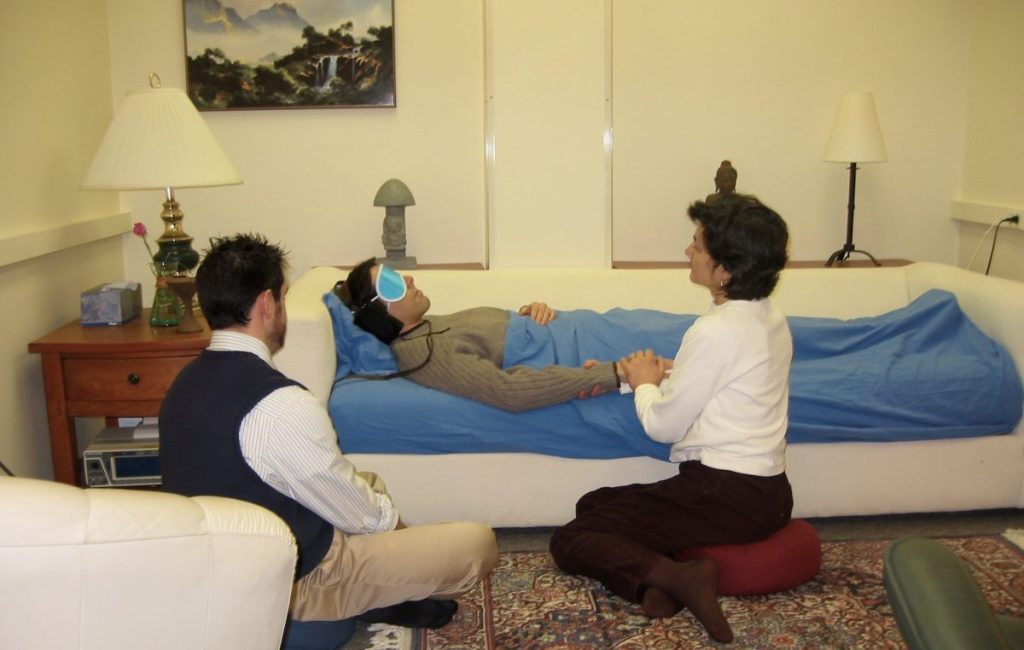
Two tripsitters and a journeyer in a research setting at Johns Hopkins.
The resources featured in this post:
1. Six Competencies Of A Psychedelic Therapist – Janis Phelps
2. Suggestions For The Guide – The Guild Of Guides
3. The Psychedelic Experience – Leary, Metzner, Alpert
4. Manual For Psychedelic Guides – Mark Haden
5. LSD Psychotherapy – Stanislav Grof
6. Tripsitting Workshop – Marc Aixala
Use Of Terms | Guide Vs. Facilitator Vs. Therapist
A small clarification before I begin. The title of this post uses the word guide and this term is often used interchangeably with facilitator, space holder, tripsitter and even therapist. With the field of psychedelic therapy growing, the word therapist is being used increasingly and there is dispute about how and when it can or should be used. While the role of a psychedelic facilitator can be very different to that of a clinical therapist, I’m not going to explore that difference today – that’s another post for another day. This piece is to stimulate ideas and develop discussion.
OK so let’s take a look.
Six Competencies Of A Psychedelic Therapist – Janis Phelps
Janis Phelps is a clinical psychologist and the founder and director of the Center for Psychedelic Therapies and Research at the California Institute of Integral Studies (CIIS). In her paper Developing Guidelines and Competencies for the Training of Psychedelic Therapists (Journal Of Humanistic Psychology, 2017), Janis Phelps outlines six competencies:
1: Empathetic Abiding Presence
2: Trust Enhancement
3: Spiritual Intelligence
4: Knowledge of the Physical and Psychological Effects of Psychedelics
5: Therapist Self-Awareness and Ethical Integrity
6: Proficiency in Complementary Techniques
This paper is an excellent resource and must read for any psychedelic therapist in training. You can read the paper online here:
Developing Guidelines and Competencies for the Training of Psychedelic Therapists
You can also watch her talk on youtube:
‘Training The Next Generation Of Psychedelic Therapists‘
Suggestions For The Guide – The Guild Of Guides
Early on in James Fadiman’s classic book, The Psychedelic Explorer’s Guide, there is a section attributed to The Guild Of Guides titled Suggestions For The Guide.
It states the essential prerequisites are:
-
Compassion
-
Intuition
-
Loving kindness
In addition to those qualities, it is valuable to have basic knowledge in:
- the range of possible effects
- the basic principles of various spiritual traditions
- a sense of how and when to share useful ideas and concepts
The importance of remaining centered is also highlighted.
Remaining Centered:
“The more centered you are as a guide, the more effective you will be. The more you know about yourself and whomever you are guiding, the more likely you are to be able to stay centered and tranquil throughout the session. When you yourself are more comfortable, it will be easier for the voyager to transition from one state of awareness to another. After reviewing hundreds of sessions in different settings, Timothy Leary and Richard Alpert (Ram Dass) concluded, in most situations, that a voyager became distressed when the guide had become unsettled, uncertain or upset.”
The Psychedelic Experience – Leary, Metzner, Alpert
In their own classic, The Psychedelic Experience: A Manual Based On The Tibetan Book Of The Dead, Leary, Metzner and Alpert have a section on The Psychedelic Guide.
Here they mention a couple of key factors:
- Ability to turn off own ego and social games; particularly to muffle his/her own power needs and fears.
- Considerable experience in psychedelic sessions himself and in guiding others.
They even go on to say that it is unethical and dangerous to administer psychedelics without personal experience.
It is also stated that the guide should be;
- Relaxed
- Solid
- Accepting
- Secure
“The guide must remain passively sensitive and intuitively relaxed for several hours. maintaining a state of alert quietism in which he is poised with ready flexibility. The guide must never be bored, talkative, intellectualizing. He must remain calm during the long periods of swirling mindlessness.”
A useful analogy is also used, likening the guide to ground control.
“He is the ground control in the airport tower. Always there to receive messages and queries from high-flying aircraft. Always ready to help navigate their course, to help them reach their destination. An airport-tower operator who imposes his own personality, his own games upon the pilot is unheard of. The pilots have their own flight plan, their own goals, and ground control is there, ever waiting to be of service. The pilot is reassured to know that an expert who has guided thousands of flights is down there, available for help. But suppose the flier has reason to suspect that ground control is harboring his own motives and might be manipulating the plane toward selfish goals. The bond of security and confidence would crumble.”
Manual For Psychedelic Guides – Mark Haden
The Manual For Psychedelic Guides is a newer manual and the first draft surfaced online earlier this year. As a newer manual, it’s up to date and looks at important concepts in the field of psychedelic therapy such as inner healing intelligence and the non-directive approach. It references other works that have been mentioned here and is one of the best resources I’ve seen. There is a lot in there so I’ll just include a few things here.
Presence
“Your full presence is instrumental during preparatory meetings, on the day the participant ingests the medicine, during the integration follow-up meeting, and beyond the study sessions.”
Haden emphasizes the importance of being present and describes it as a skill that can be practiced, developed, and further cultivated. The section Skills Of Being A Psychedelic Guide is included to help the reader grow in their ability to be present through the range of experiences that both the guide and participant may encounter.
“When you are fully present, you consciously and compassionately share the present moment with another; and you believe in and affirm this person’s potential for wholeness, wherever they are in those moments.”
Qualities Of Guides
In the section Qualities of Guides, adapted from Karen Coopers’ Guide Manual, many qualities and types of knowledge are listed.
A Knowledgable, Skilled and Wise guide:
- Knows when not to intervene, and knows when and how to assist the process.
- Has a full appreciation for being alive, lives a meaningful life, understands that we are all “wounded healers”, knows some of the agonies and ecstasies of human existence.
- Has an understanding of the pharmacology and expected or possible effects of the medicine.
- Trusts both the psychedelic medicine and the participant’s internal healer to find the process of healing for the participant.
- Has the ability to stay relaxed and grounded in the presence of intense anxiety and other emotions that may be expressed emotionally or physically.
Experiential Knowledge:
- Has appreciation for the mystery of their own being.
- Has awareness of content beyond the ego.
- Understands awe/respect toward transcendence.
- Understands that encounters with transcendence can be meaningful, significant and life-transforming.
- Maintains the ability to remain objective; uses discernment rather than judgment.
- Is able to avoid using labels such as “psychosis” or “freaking out”, and is able to respond mindfully to observed behaviours and perceptions.
- Has an ability to shift between mode of scientist and mode of poet and compassionate presence, drawing on each as appropriate.
- Appreciates that sessions are like a piece of art created in collaboration with the participant.
The following are also included and have their own short sections:
- Knowledge of the Human Mind When Seen Through the Lens of Psychedelics
- Knowledge of the Power and Importance of Human Relationships
- Appreciation for Human Suffering
An updated version of the manual will be published soon and I will update this post with a link as soon when it is. Until then you can find the draft online here.
LSD Psychotherapy – Stanislav Grof
Czech psychiatrist Stan Grof is one of the most influential figures in psychedelic therapy. In the chapter Critical Variables in LSD Therapy, Grof includes sections on pharmacological effects, the personality of the subject, and set and setting. There is also a section on the personality of the therapist or guide where he lists important factors in successful LSD therapy.
Important factors of the therapist:
- Human and professional interest
- Clinical experience and therapeutic skill
- Personal security
- Freedom from anxiety
- Current physical and mental condition
It is also noted that it is absolutely essential, prior to the administration of LSD, that the therapist:
- examine his or her own motivation and attitudes toward the subject
- try to establish a good working relationship
- clarify the transference / counter-transference situation
Transference / Countertransference
Having an awareness of transference and counter-transference and how to respond to that is a key part of a therapist’s job. You can find a useful introduction to these concepts in a post here:
Transference vs. Countertransference: What’s the big deal? – Therapist Development Center
Other important themes in Grof’s work:
Trust
“Probably the single most important element determining the nature of an LSD experience is the feeling of safety and trust on the part of the experient. This is […] critically dependent on the presence or absence of the guide, his or her personal characteristics, and the nature of the relationship between the subject and this person.”
He continues:
“Trust is essential to the participant letting go of their defenses and surrendering to the psychedelic process. The ability to establish trust is naturally an important attribute for a guide.”
Personal experience [with psychedelics] Is Imperative
‘[…] the therapist has to have special training that involves personal experiences with the drug. […] It is impossible for the future LSD therapist to acquire deeper understanding of the process without first hand exposure. Reading about psychedelic experiences, attending seminars and lectures, or even witnessing sessions of other people can only convey a superficial and inadequate knowledge”
Grof explains how personal sessions have another important function:
“… they offer an opportunity to work through one’s own areas of conflict and problems on various levels. Some of the crucial issues that a future LSD therapist has to confront remain essentially untouched in most forms of conventional therapy. Fear of death, total loss of control, and the specter of insanity can be mentioned here as salient examples.”
You can buy the book here.
Tripsitting Workshop – Marc Aixalà
In 2017, I attended a tripsitting workshop by Marc Aixalà, a health psychologist who coordinates support and integration services at ICEERS and who subsequently went on to provide training to the research team at Imperial College London.
As has been mentioned in many of the other guides, Marc emphasized that one’s approach as a caring and supportive human being is more important to the outcome of the experience than any techniques employed. Effective sitting requires:
-
Intuition
-
Compassion
-
Self-awareness
He is another who has highlighted the importance of presence. Marc also shared desirable attributes for a care giver during a session:
At the workshop, and also echoed in an article on integration on chacruna, Marc underlined the importance of facilitators having worked on their own power, money, and sex issues.
Final Thoughts
It is my belief that anyone aspiring to become a psychedelic guide should first look deeply at their motivations for wanting to do so. After that, I believe that for anyone wishing to carry out this meaningful work, a certain level of dedication to personal and professional development should be employed. When dealing with people in such sensitive and vulnerable states, I think this is work beyond that of a hobbyist or amateur.
Gaining Experience
I hope this post has been useful and has given some ideas for further reading. In the end, however, knowledge should be coupled with practice and experience. Whilst I do believe that theoretical frameworks and certain specified knowledge provide a good foundation, they should be used as a ground for establishing a practice or course of applied learning. I mention this to say that I don’t believe it is enough to read all the resources here and listen to talks and then believe you can be a psychedelic facilitator. I encourage any hopeful facilitators to seek out development through a personal practice and relevant experience working with others where one can cultivate the qualities and characteristics mentioned in the works here.
Meditation As A Practice
In my personal experience, I have found a meditation practice to have been a huge help in cultivating presence, calmness, patience and acceptance; attributes that seem to come up again and again as beneficial to have as a facilitator. The ability to remain calm yet attentive is something that has been directly applicable and useful in sitting for psychedelic sessions.
To finish, I’d like to share a relevant quote from psychedelic researcher and Buddhist practitioner Rick Strassman from his chapter in the excellent Zig Zag Zen.
“Supervising sessions is called “sitting,” usually believed to come from “baby-sitting” people in a highly dependent and, at times, confused and vulnerable state. But, in our minds, Buddhist practice is as relevant a source for the term. Our research nurse and I did our best to practice meditation while with our volunteers: watching the breath, being alert, eyes open, ready to respond, keeping a bright attitude, and getting out of the way of the volunteer’s experience. This method is very similar to what Freud called “evenly suspended attention,” performed by a trained psychoanalyst who provided support by a mostly silent but present sitting by one’s side. I experienced this type of listening and watching as similar to Zen meditation.”
Rick Strassman | Psychedelic Researcher | “DMT Dharma” – Zig Zag Zen.
Share Your Thoughts
What do you think makes a good psychedelic facilitator? What practices and experience do you think can help cultivate the qualities that make a good psychedelic guide? How much personal experience with psychedelics is necessary? Do you know of any other good resources on the topic that I missed? Please share your thoughts in the comments below.

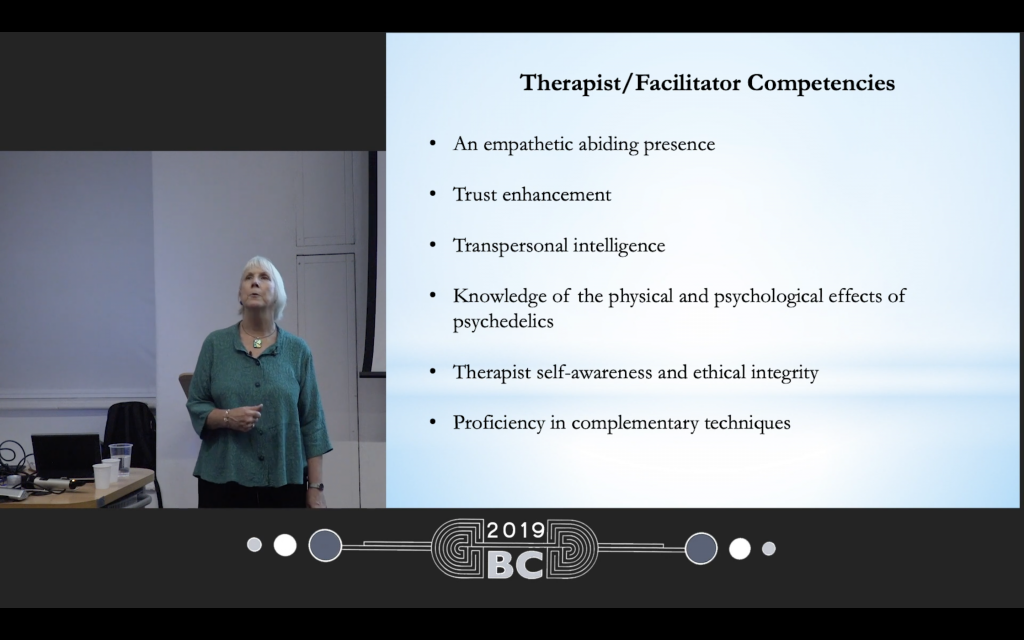
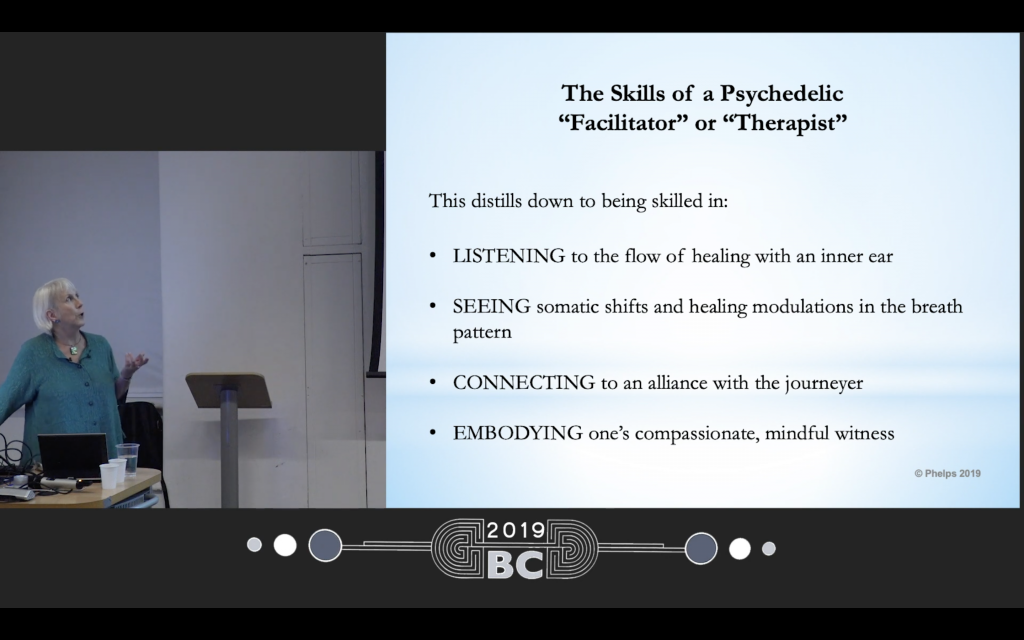
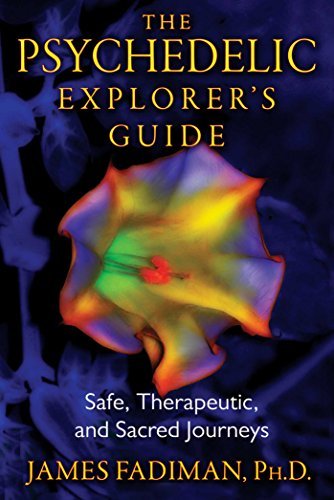
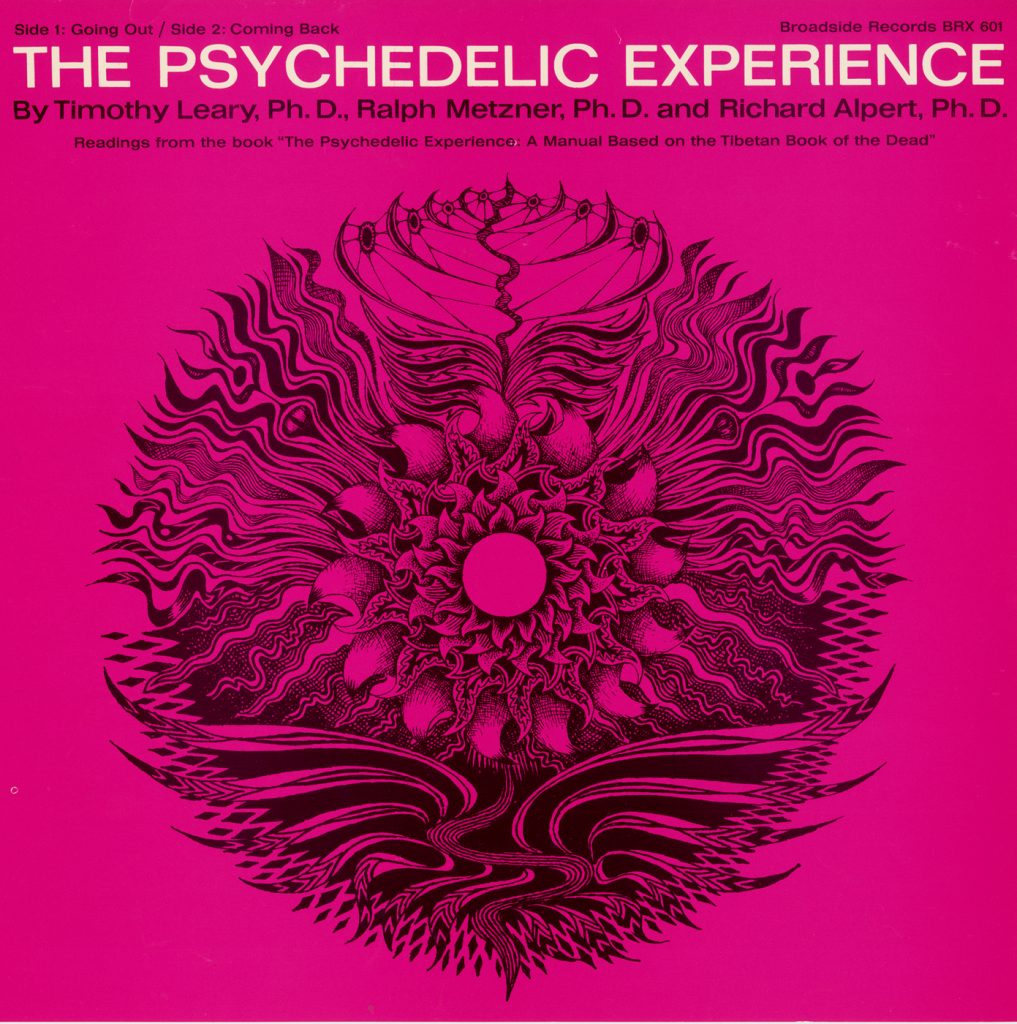
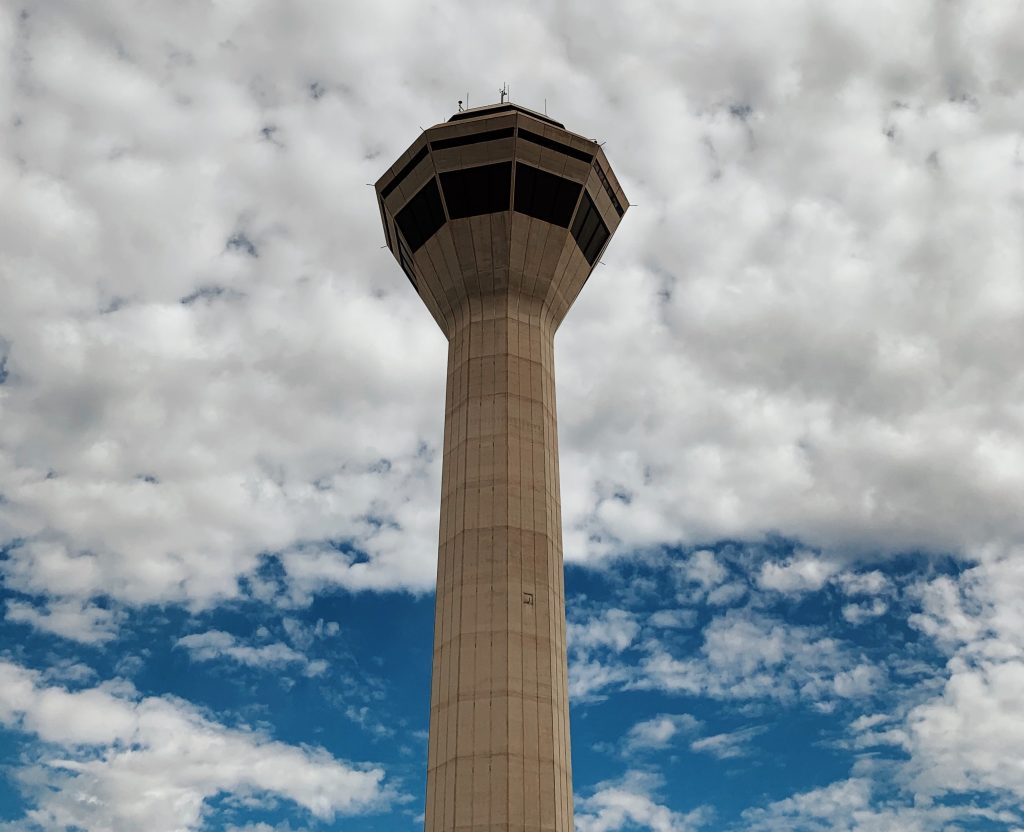
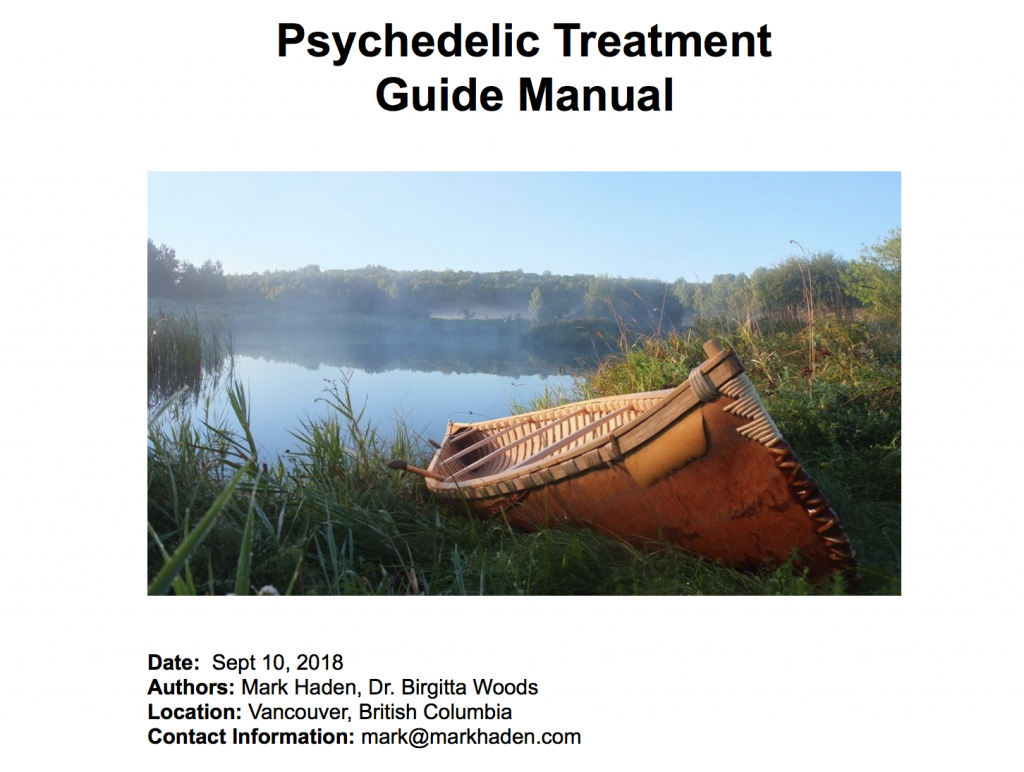
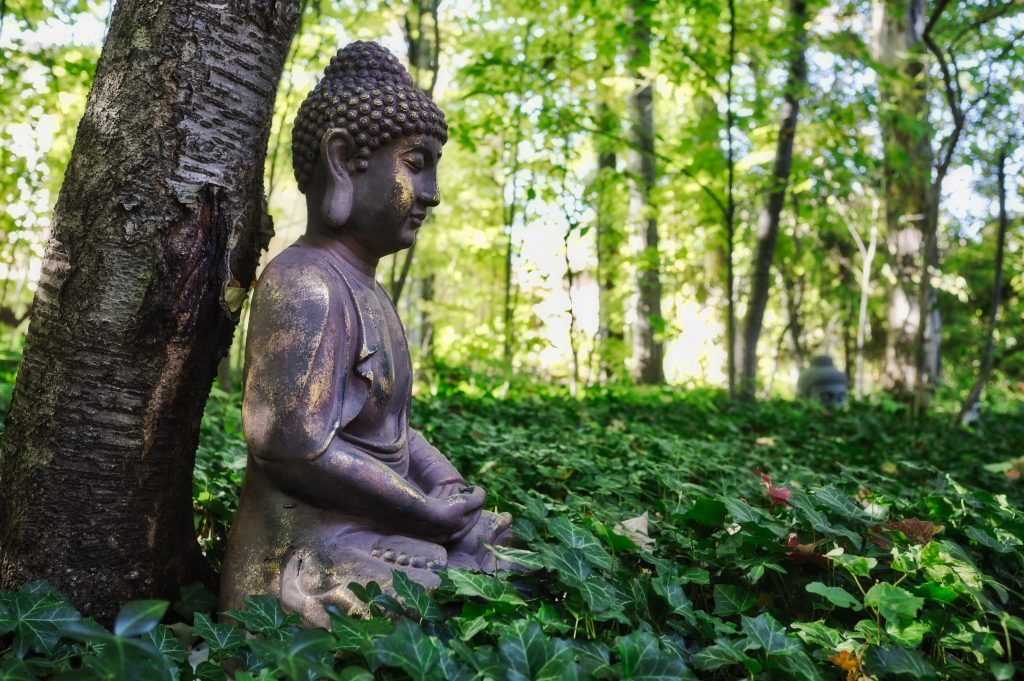
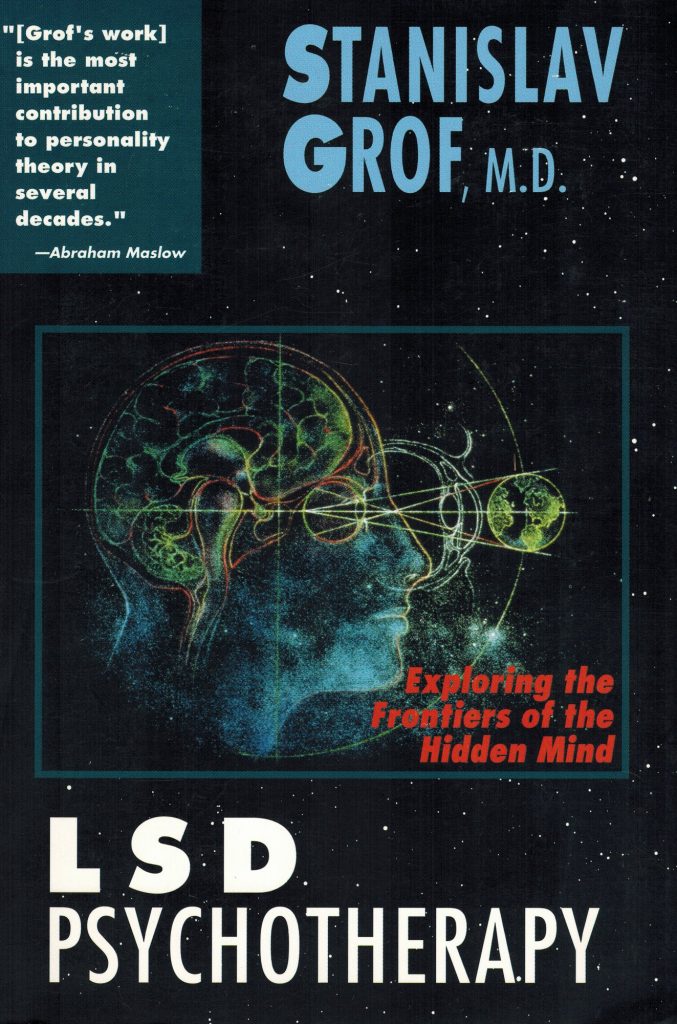
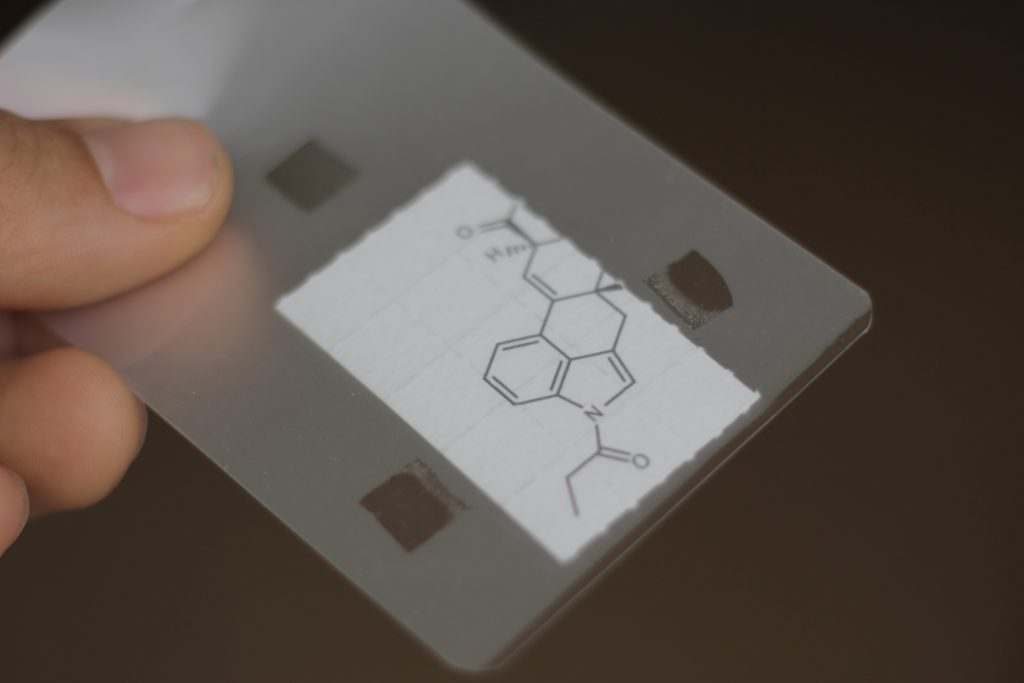
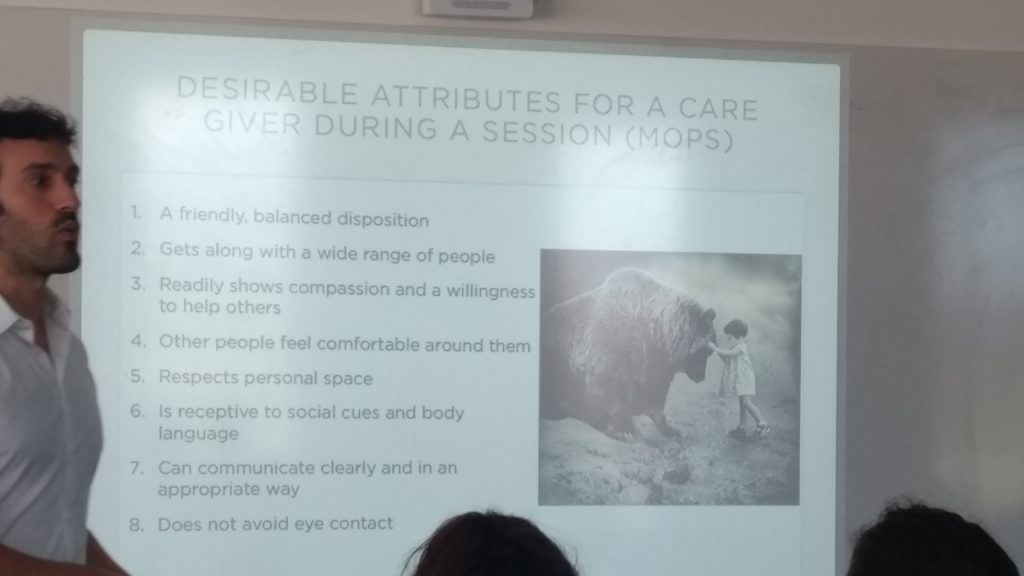


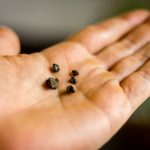

Hey, I really enjoyed reading your summary of psychedelic guidance. Thank you for all the great informational resources presented!
One Question: Do you think, a guide with enough experience can go on a psychedelic voyage simultaneously as the other voyagers? Or
Hi Nik, thanks for visiting the site and reading 🙂
Your question is a good one and a big topic that I would love to dive into, and maybe could be a good idea for a full length thought piece, would you want to read that?
I guess my short answer would be that with enough (and the right kind of) experience and the necessary abilities, yes. But then the next questions would be; how much is enough experience? what type of experience is required? what are the necessary skills needed to do this?
It seems your comment got cut short and missed your second question. Please feel free to comment back with it 🙂 Thanks again and best wishes!